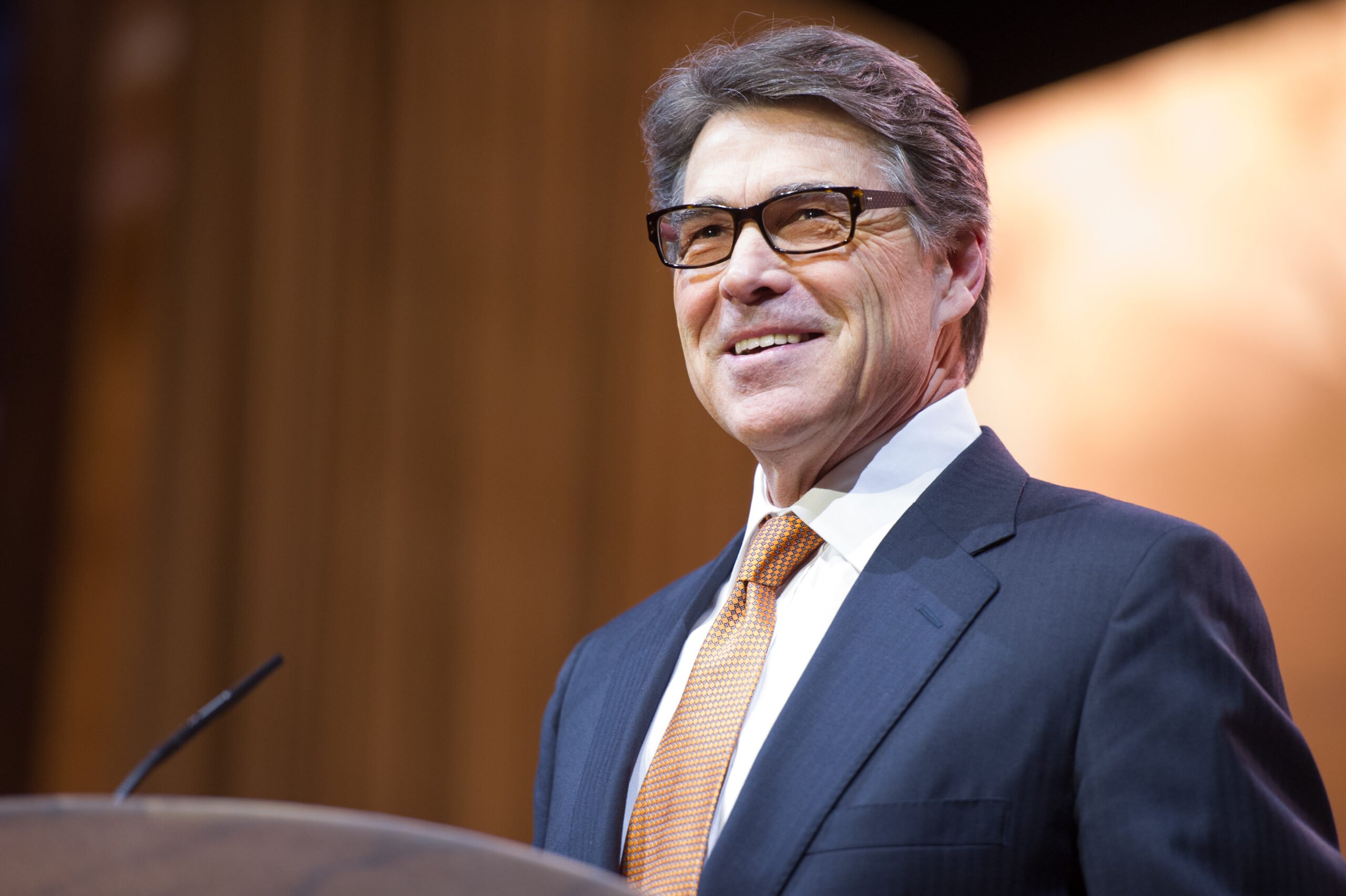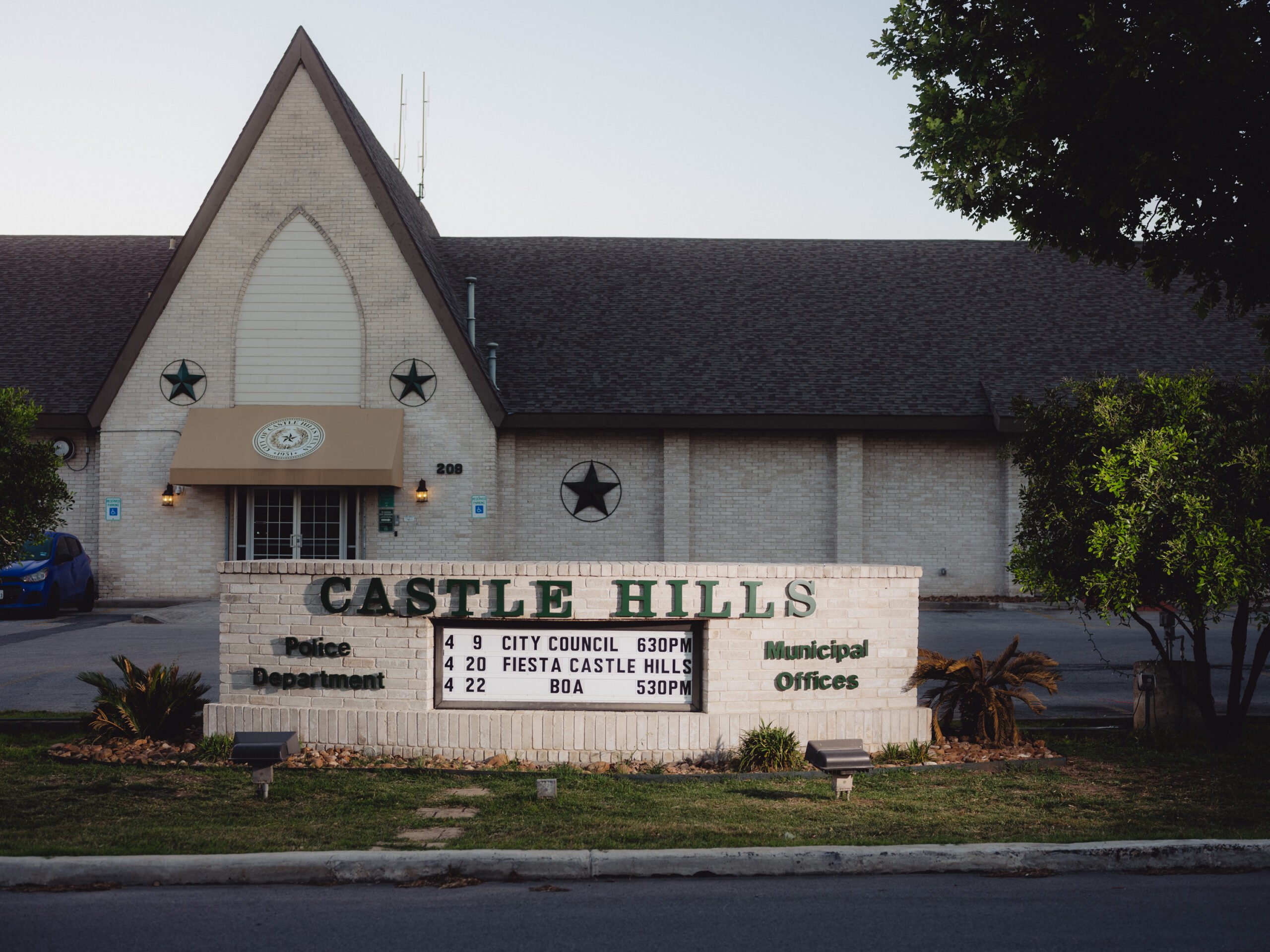ustxtxb_obs_1962_02_23_50_00002-00000_000.pdf
Page 6
sioned reader wants to know if the State Department has apolo gized yet for having our military base so close to where the Bul garian spy plane came down.” And he used the same occasion to take a dig at growing government: “There are five million acts on federal and state statute books. Yet they keep saying that ignorance of the law is no excuse.” Yet despite his unmistakable position to the right of starboard, Izzard is subtle and sophisticated compared to forthright James Clayton Phillips, editor and general manager of the Borger Herald last and the worst of the oil boom towns of Texas, in many ideological respects is still far from tamed, and Phillips’ wordy \(it sometimes runs 60 to 70 inches into Focus,” is almost decorous in its extravagance. Phillips has given more publicity to the textbook hearings than any other daily editor in Texas, and he has been more outspoken in his , support of them. On Feb. 15 he warned: “If our young people are turned against our form of government through slanted textbooks, THEN what have we got to fight for? We older people will soon be dying off and the next generation will reap the whirlwind that we will have allowed to develop within the schools of today.” The same day, Phillips showed how he thought it was entirely possible to reconcile the beliefs that this government is socialistic but antagonistic toward Russian socialism. If both governments believe in socialism, why the military buildup? “The answer is simple,” wrote Phillips. i’When Soviet Russia with the help of the United States has ‘socialized’ the entire world, then arises the question, ‘who will rule the show?’ ” The fight will be over whether there will be an American or Russian-style world soda list dictator. “Our military forces will be employed, not to preserve our Republic and our Constitution, but to help put American Socialists at the head of the noble experiment, in the new Socialist World Government. THINK IT OVER.” Although John Birch Society chapters in many cities are very shy of publicity, this is not the case in Borger, where on Feb. 7 Phillips opened his column by urging especially “ministers, law enforcement officers, and doubting Thomases” to attend a J.B.S. meeting the following night at which a tape would be played of a missionary’s account of seeing “the forcing of the children ‘ \(in parents.” Phillips gave the phone number to call for reservations. Dramatic Dialogue Sometimes he employs a kind of dramatic dialogue to get across his points, characteristically illustrated in his column of Feb. 12, which opened: “Subtle, Isn’t It? ” ‘Senator Joseph McCarthy is all right but we don’t like his methods.’ “This has a familiar ring to it, doesn’t it? ” ‘The John Birch Society would be all right if they would get rid of Robert Welch.’ “Very subtle isn’t it? “To be sure THEY didn’t like ‘his methods’ because they got results. “To be sure ‘Robert Welch must go,’ because he is a man with a THE TEXAS OBSERVER Page 2 Feb. 23, 1962 powerful idea and the know-how to make it work, and that idea threatens for the first time to gather together the great mass of American people into one effective force to defend our Republic and our Constitution against communism and the mealy-mouthed political anti-anti-communists that have been and are running our country.” Talking with the Observer, Phillips conceded that R. C. Hoiles, publisher of the “Freedom Newspapers” chain, is possibly more conservative than he is. Phillips laughed, “I’m glad somebody is farther to the right than I am.” Hoiles Imports One of the larger Hoiles papers is the Odessa American \(circulareally far right are imported, some of them for free, such as Thurman Sensing’s “Sensing the News,” which is distributed by the Southern States Industrial Council, and Howard E. Kershner’s “It’s Up to You,” distributed by the Christian Freedom Foundation of New York. Of the same, slant are the writers \(Robert Morris, Willis Stone, Rosalie Gordon, and Harry T. the communal heading, “American Way.” Another popular column with Hoiles is Ed Delaney’s “Truth-Forum.” Typical of the concepts registered in these columns is that of Willis Stone last week, who complained that the U. S. Corps of Engineers should be disbanded because it competes with private enterprise. On Feb. 5 Everingham wrote, “During the last 30 years Uncle Sam has been so weakened by socialism that he does not seem to have the virile resistance to combat our enemies within.” Delaney, on Feb. 8, was no happier. “Among our people,” he wrote, “are so-called liberals, neo-socialists, crypto -communists, over-educated dilettantes, intellectual charlatans and pseudo-political scientists, posing as public opinion makers who contend that a democracy anti a republic are the same.” On an ideological terrain dominated by newspapers of this type, H. M. Baggarly, editor and publisher of the Tulia Herald, is a journalistic bird of rare plumage. But meekness does not accompany his rareness. In his latest editorial page column, “Thoughts for Thursday,” Baggarly worked on the theme that “The dominating influence which controls today’s world is hate.” Then he got down to cases: “The most dedicated communists of our time are no worse than those men who crucified Christ. .. Yet even these conscienceless Roman soldiers were not excluded from those the Christians were commanded to love. “Furthermore, we do not find in the New Testament a commission to go into all the world preaching the gospel and fighting Romanism. We do not find Jesus Christ or even the Apostles taking 55 minutes of the Sunday morning service damning Rome, warning of ‘comsymps,’ accusing other Christian groups of being ‘soft on the Romans,’ then spending the last five minutes giving a hurried gospel invitation, a la Hargis.” In his front-page column “The Country Editor” last week, Baggarly deplored “the pitiful situation which exists in Amarillo where powerful forces are quite successful in controlling what a quarter million persons, more or less, read, hear, and see . . . A recent office visitor was a representative of one of the two major wire services. We won’t say whether it was AP or UPI since we will take no chances of betraying him. “He said he just stopped by to shake our hand for saying some of the things he had often wanted to say but couldn’t about the Amarillo paper. He asked our opinion as to why the image of the* Amarillo paper is so repulsive to so many people. He pointed out that the Democrats dislike the Kansas City Star, the Chicago Tribune, the Dallas News, and even the Lubbock Avalanche, as might be expected, but that their feeling towards the Amarillo paper is not that of mere dislike but utter contempt.” Baggarly’s explanation: “The Amarillo News radiates three of the more repulsive and obnoxious characteristics that can be possessed by an individual or publiconceit so large “it can tell us how to solve the problems of communism, Castro, agriculture and Afriual dishonesty which “sees only evil in its enemies and perfection ing “underestimation of the intelligence of the Panhandle, citizenry.” Baggarly calls Louise Evans, editorial page writer for the Amarillo News, “the worst of the lot . . . a hatchet-woman.” He told the Observer “Izzard tries , to stay aloof, hiring writers like her to do his dirty work.” The News ignores Baggarly’s slings and arrows. Not so, the weekly press that surrounds him: the Canyon News \(whose editor, Troy Martin, trained under PhilOchiltee County Herald, among others. Back at Him Possibly Martin maintains the steadier anger toward Baggarly. Recently Martin pointed out, in his column “From the Canyon Rim,” that the Communist Party’s Daily Worker opposes Gen. Edwin Walker; he said this was a recommendation for Walker, and added, “Those who have been castigating the conservative movement in print should feel good, knowing that they are hewing to the line set by the Worker.” The next week Baggarly twitted Martin editorially for using the “McCarthyism” tactic of guilt by association, and handed Martin some of his own by saying that since both Martin and the editors of the Daily Worker dislike the Kennedy Administration they “find themselves sleeping in the same bed.” The next sound “From the Canyon Rim” was that of Martin calling Baggarly “a protagonist of the welfare state” who employed a “double-think system . . . used adroitly by socialists and communists the world over.” Baggarly, 47, owner of the Tulia Herald since 1950, has grown accustomed to being in the storm center of ultra-conservatism. He has never been physically assaulted for his beliefs, but in 1952, a brick was thrown through his front window. The tosser had aimed at the poster picture of Adlai Stevenson on display. It helped the Herald. “We got a lot of publicity out of it,” said Baggarly. Amidst it all, some perspective remains. Baggarly’s best friend is Ben Ezell, editor of the weekly Canadian Record. “I probably have more in common with Ben than with anybody else around here,” said Baggarly. “He’s a staunch conservative. But he’s intellectually honest.” B.S. largest single member of the state AFL-CIO, cast the one dissenting vote against Yarborough. It has traditionally been the conservative segment of Texas labor. Sentiment within that group tends to support Connally. It is viewed as a certainty, however, that a very substantial majority of union members will go with Yarborough in May. 6.In the past COPE has been a tight 50-member panel adhering unanimously to labor-approved candidates. The Maverick-Gonzalez split was an exception. This time it was a rather loose 300member group with more diverse sentiments in some quarters. 7.A key point is that the same “recommendation” used to support Yarborough was used by the committee to support the favored candidates for other statewide offices: even Speaker Turman, in whom labor has shown almost a proprietary interest for the last several months. This supports the view that the mode of endorsing was largely a semantic one. 8.State president Hank Brown, in a speech before the entire delegation, urged them to get completely behind their gubernatorial candidate, and if they did not, to get themselves a new president. The state leadership, under diplomatic tension, has made it plain who has its sympathies. Ralph’s Advice Sen. Ralph Yarborough sent a telegram which, despite a later denial on his part that he was endorsing anyone, was widely interpreted as support for his younger namesake. When it was read before the closed-door session, it was greeted .’ with applause from Don Yarborough supporters. “I would be less than candid with you,” Sen. Yarborough said, “if I did not express my concern that divisive forces are at work tonight in Texas, among you and among all those Democrats of the old fighting breed who have stood together all these years in our common concern for good government in Texas. “These forces seek to divide us because they themselves are divided,” the telegram said, an obvious reference to Texas conservatives, “and must divide us if they are to maintain the tired old status quo, a situation in which they profit and the people of Texas lose .. . Stand together for good government in Texas and we will win. Be divided, allow outsiders to divide you and we will lose. And such a loss will not carry with it even the consolation of having fought the good fight together. “You are to be respected for the enemies you have made. Do not now dilute that respect turning away from your militant ideals for all the people and turn down some old dead-end street.” Connally Rebuts Connally, whose support has been urged by as high-ranking a labor official as assistant labor secretary Jerry Holleman, issued a statement just after the decision for Yarborough. He said he is convinced “great numbers of the laboring people of Texas are my friends and will continue to support me and work actively for my election.” They believe that his program of strengthening academic and vocational education will accelerate economic growth and provide more jobs, better wages, higher living standards. “These same people want as their governor a man they think can win, a man who can unify the Democratic Party and the people of Texas.” Daniel, after his appearance before the closed-door session, summoned a press conference soon after he emerged. He said he thought the meeting should have been open to the press and that as governor he had fought for open session of legislative committees and boards. The questions most frequently asked the candidates concerned the sales tax, right-to-work laws. the fourth-term issue, a state labor relations act, and applica ‘” tion of anti-trust laws to unions. Jack Cox, GOP candidate for governor, conferred with labor leaders Friday but was unable to appear Saturday. Roy Whittenburg, the other Republican gubernatorial candidate, was grounded in Wichita Falls. General Edwin Walker, the only Democratic candidate who did not show up, said in a statement: “I am unable to solicit the formal endorsement of COPE since I am unable to endorse COPE or any other special interest organization.” He said he would seek the support of individual union members, however. The resolution passed by the committee “commended” all the candidates who appeared, including Cox. Yarborough told the delegates he would have vetoed the sales tax as governor and that he favored either repeal or “drastic revisions.” He said he wanted legislation prohibiting employers from bringing in strikebreakers from outside Texas. He did not endorse repeal of right-to-work laws, but advocated modernizing all labormanagement laws. He said he supported more funds for the aged and the disabled and would attempt to improve Texas’ present low ranking in education. Only Turman and Jarrard Secrest of Temple, who got the PASO endorsement along with


